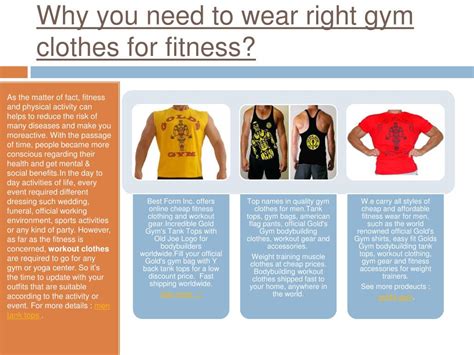For individuals with an athletic build – characterized by broad shoulders, a developed chest, a narrower waist, and muscular legs – finding clothes that fit well can be a persistent challenge. The wrong cut can either make you look like you’re swimming in fabric or, conversely, create an overly tight and restrictive appearance. The key lies in understanding your unique proportions and making smart sartorial choices that flatter your physique without compromise.
Understanding the Athletic Build Challenge
Traditional off-the-rack sizing often fails to accommodate the significant difference between an athletic person’s shoulder and waist measurements, or the need for more room in the thighs without the waist being too loose. This often leads to buying a size up to fit the shoulders, resulting in a baggy midsection, or sizing down for the waist, making the shoulders and chest too tight. The goal is to achieve a balanced look that accentuates your shape without exaggerating it.

Master the Fit: Key Principles
Shoulders First, Always
When trying on any top garment – be it a t-shirt, shirt, or jacket – the shoulders should be your primary fitting point. The seam should sit precisely at the edge of your natural shoulder. If it extends past, the garment is too big; if it pulls inwards, it’s too small. Getting the shoulders right provides a solid foundation from which other alterations can be made.
Embrace Stretch Fabrics
Modern fabric technology offers a solution. Look for blends with a percentage of elastane or spandex, especially in dress shirts, jeans, and trousers. These fabrics provide crucial give, allowing for comfort and movement without sacrificing a tailored look. They hug the right places without restricting, and bounce back into shape.
Tailoring is Your Best Friend
This cannot be overstated. Even with well-chosen garments, minor alterations can transform a good fit into a perfect one. A tailor can taper a shirt’s waist, slim down trouser legs, or adjust the sleeves of a blazer, ensuring every piece drapes perfectly on your frame. Consider it an investment in your personal style.
Garment-Specific Strategies
Shirts: T-Shirts, Polos, and Dress Shirts
For casual tops, look for ‘athletic fit’ or ‘muscle fit’ options, which are cut with more room in the chest and shoulders and a taper down to the waist. For dress shirts, focus on the shoulder fit and ensure there’s enough room across the chest without pulling. A good tailor can easily take in the waist. V-neck t-shirts can also be flattering as they visually lengthen the neck and balance broader shoulders.
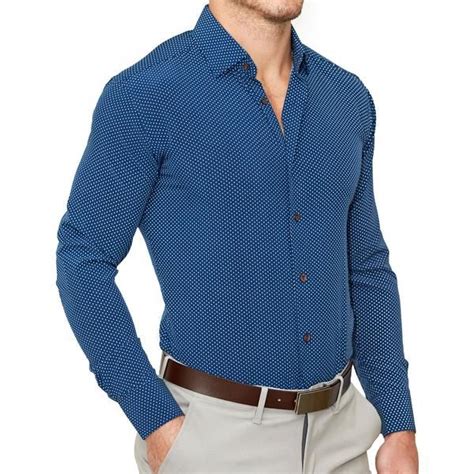
Jackets and Blazers: Structure and Shape
Again, prioritize shoulder fit. The jacket should lay flat across your back and shoulders without wrinkles or pulling. Look for jackets with a subtle waist suppression or have a tailor add it. This creates a flattering V-shape that highlights your physique. Avoid overly padded shoulders, which can make you appear top-heavy, and opt for a slightly longer length to balance the torso.
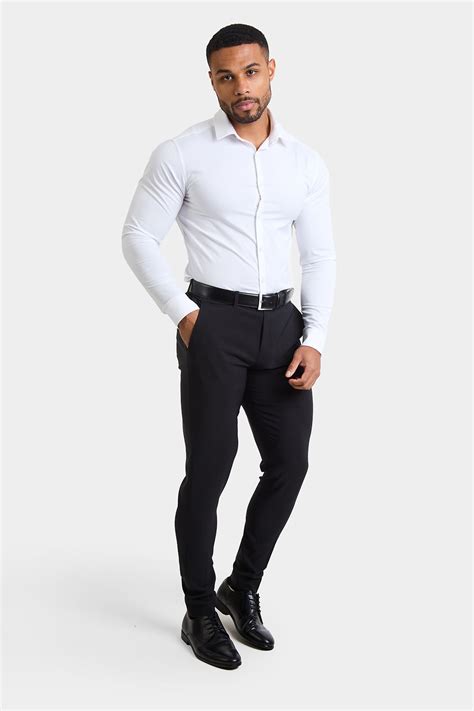
Trousers and Jeans: Avoiding the Sack or Squeeze
This is where stretch fabrics are invaluable. Opt for styles that offer adequate room in the seat and thighs, but taper below the knee to avoid a baggy look. ‘Athletic taper’ or ‘slim-straight’ cuts are often ideal. For jeans, dark washes tend to be more flattering and versatile. Ensure the waist fits comfortably without needing a belt to hold them up.
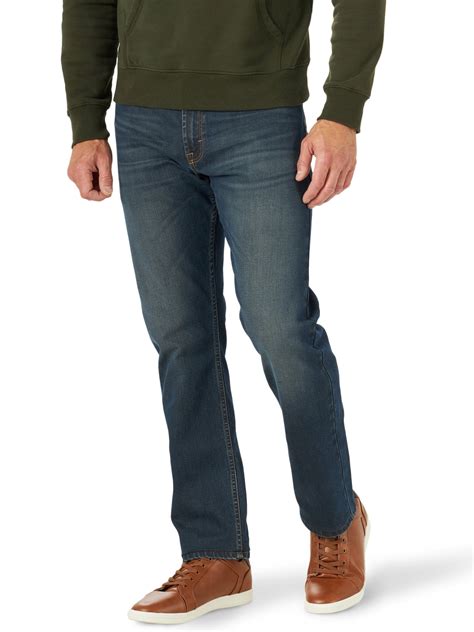
Outerwear: Balanced Proportions
When choosing coats and jackets, look for designs that offer clean lines and don’t add unnecessary bulk. Parkas or puffers can sometimes overwhelm an athletic frame; instead, consider well-fitted peacoats, bomber jackets, or denim jackets that follow your body’s natural tapering. Layering strategically with thinner, well-fitted pieces underneath will also help maintain a sleek silhouette.
Styling Tips for a Polished Look
Beyond the fit, consider the overall aesthetic. Darker colors tend to be more slimming and create a sophisticated look. Patterns should be chosen carefully; avoid overly large or horizontal stripes that can broaden your frame. Vertically oriented patterns or subtle textures work better. Accessories like watches, belts, and glasses can add personality without adding bulk.
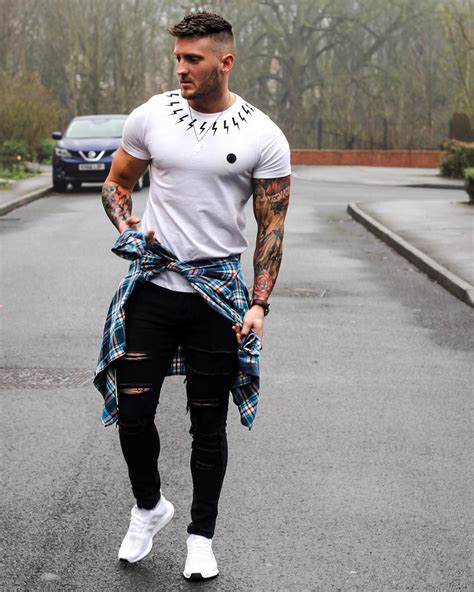
Conclusion
Dressing an athletic build successfully is about more than just finding clothes that physically fit; it’s about curating a wardrobe that celebrates your physique without falling into the traps of looking either too bulky or too constricted. By prioritizing shoulder fit, embracing stretch fabrics, committing to professional tailoring, and making thoughtful garment choices, you can achieve a polished, comfortable, and confidently stylish look every time.
